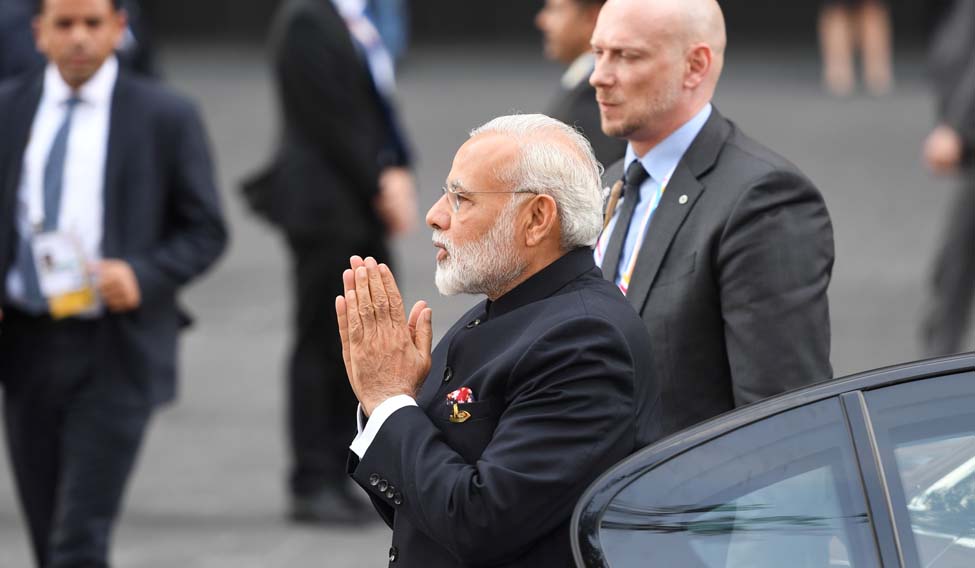India is fast securing its position as a leader in the climate change mitigation field, with a reputation of walking the talk. John Roome, South Asian head, World Bank, lauded India's recently drafted India Cooling Action Plan as "the best in the world". The document was released this March, and it envisions a list of actionable steps to reduce the country's carbon footprint on cooling and refrigeration, even as it works towards providing "sustainable cooling and thermal comfort for all".
Roome noted that the way India had succeeded in providing low-cost, low-carbon illumination with its LED bulbs project showed that the cooling goals were also as doable and achievable.
He was speaking at an event where the finalists of an international competition, the Global Cooling Prize, were announced. The competition, which aims to encourage manufacturers and innovators to come up with scalable, low-cost cooling solution is chiefly sponsored by the Centre's Department of Science and Technology. Roome said that cooling represented a major development challenge, with 1.1 million people across the world at immediate risk due to lack of cooling. He noted that in India, specially, with every degree rise in temperature above normal, productivity dipped massively. He noted that with the world warming up, the energy bill was only going to increase further, and there was an urgent need of energy solutions to reduce the electricity bill as well as the carbon footprint. Roome noted that cooling was not a luxury, but a necessity, pointing out that farm incomes rose with better cold storage facilities. Even many preventable death could be avoided with vaccines, which need to be maintained in the cold chain.
The Global Cooling Contest was announced by the DST last November and it received 139 submissions from across the world. The contestants range from large manufacturers to innovation start-ups. The first eight finalists were announced on Friday by Union minister of science and technology Dr Harshvardhan. The teams were presented with a prize worth $100,000. They will now have to prepare two prototype machines based on the designs they submitted, said DST secretary Ashutosh Sharma.
also read
- European court hands down mixed rulings on 3 cases seeking to force countries to meet climate goals
- 'Global climate crisis and the global water crisis are two sides of the same coin'
- Python meat could be the new normal, researchers want snake farming!
- January 2024 warmest on record: European climate agency
One of the prototypes will be tested by an international panel of experts, the other will be installed in a domestic setting to evaluate its performance. These prototypes have to be presented by April 15, 2020, when each of the eight teams will be given another $100,000. The final results will be announced next November and the prize money will be a million dollars. The DST has sponsored the prize money, though several international organisations are involved in the funding and logistics of the competition.
The competition is part of the Mission Innovation, a coalition of 24 countries and the European Commission, working to accelerate clean energy innovation.



